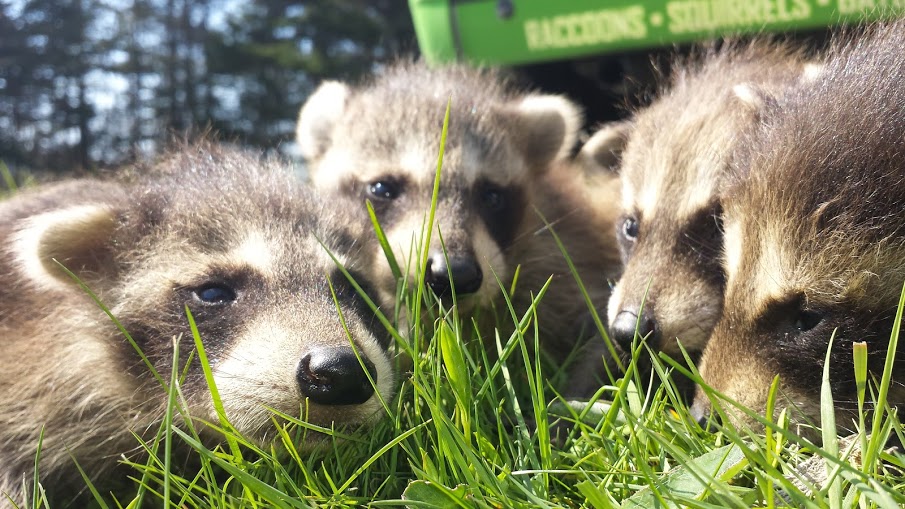Raccoons have a reputation as the bandits of wildlife, but that is only because of their stylish markings and impressive dexterity. In reality, a raccoon is no more malicious than any other animal. They only want to survive and live in safety. Unfortunately, as foragers, raccoons do get into a fair bit of trouble in neighbourhoods, often spilling garbage bins and tearing open trash bags. It is no surprise, then, when humane raccoon control in Oshawa is called out to resolve the matter. However, homeowners can do quite a bit to prevent raccoons from foraging their property.
1. Motion Detection Sprinkler
Like all living things, raccoons need water. Still, the need does not equate to a liking of the substance. After all, you will see a cat drinking water, but you will likely never see the animal playing in it or enjoying a bath.
Raccoons are similar. They find a drink refreshing and necessary, but they do not want to play in the water. Therefore, you can install several motion-activated sprinklers on your property. If a raccoon gets surprise spray on several occasions, they will most likely avoid your property in favour of other, dryer landscapes.
2. Chicken Wire Fencing
It is not enough to deter raccoons with water. Like all animals, raccoons seek shelter. The animal might find the underside of your deck or shed comfortable and adequately protected. If the animal finds a place it feels safe, it will build or establish a den.
You can limit the chances of a raccoon making a home under backyard structures by enclosing them. Use chicken wire to fence off the undersides of decks and sheds. You will want to bury some of the wire under the earth to prevent raccoons and other wildlife from digging and manipulating the wire.
3. Fence Maintenance
Wood fences are excellent backyard barriers, but they are only as effective as they are stable. All fences, especially wooden fences, need routine maintenance. Wood fences need sealing and will often require replacement boards.
At the end of every winter season, it is necessary to walk your property along the fence line and look for damage. You will want to make any necessary repairs before the spring sets in because that is when wildlife becomes active.
A steady and healthy fence is often enough to keep raccoons out. Still, it doesn’t hurt to combine fence maintenance with some of the other suggestions on this list.
4. Yard Maintenance
Raccoons live in dens. Their dens can be made from hollowed-out logs or branches and other natural debris. If you have a wooded property, it is possible that raccoons already reside nearby. To keep the animal away from your house, you will want to ensure there is no opportunity for nesting or burrowing near the house structure. Some ways to make the landscape directly around your home unappealing is by:
- Cutting the grass one or two times weekly, depending on the growth rate
- Removing old wood and yard debris
- Eliminating bushes near the foundation of the home
- Removing all food from outside
- Installing motion-activated lights
- Protect your garden with a chicken wire fence or place in raised garden beds.
5. Garbage Control
You will need to take care that your garbage is not accessible to wildlife. As foragers, raccoons will dig in open trash to find food. The best way to eliminate the risk is to purchase waste bins with lockable lids and to store the containers indoors, preferably in a shed or garage.
Have you seen raccoons around your property, or do you suspect there are raccoons living in your attic, under your deck or in a shed? If so, contact Skedaddle Humane Wildlife Control to schedule a property assessment and determine the best removal methods.



